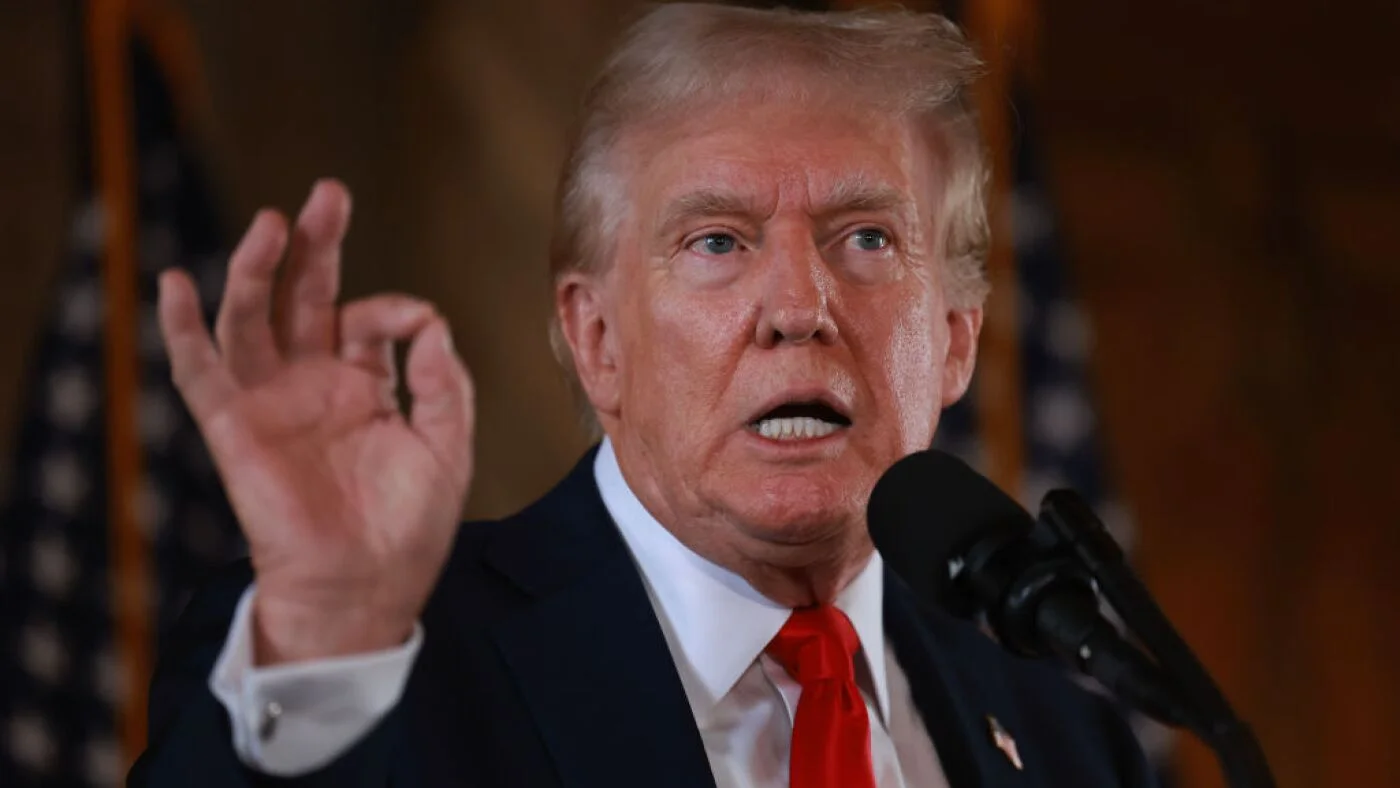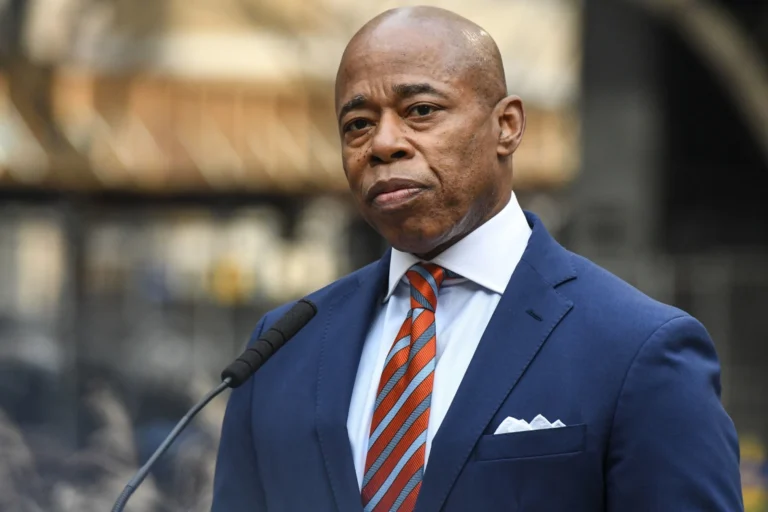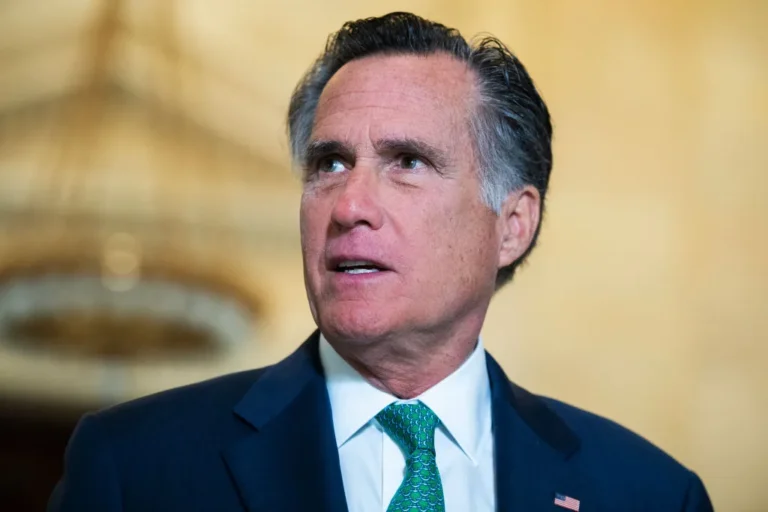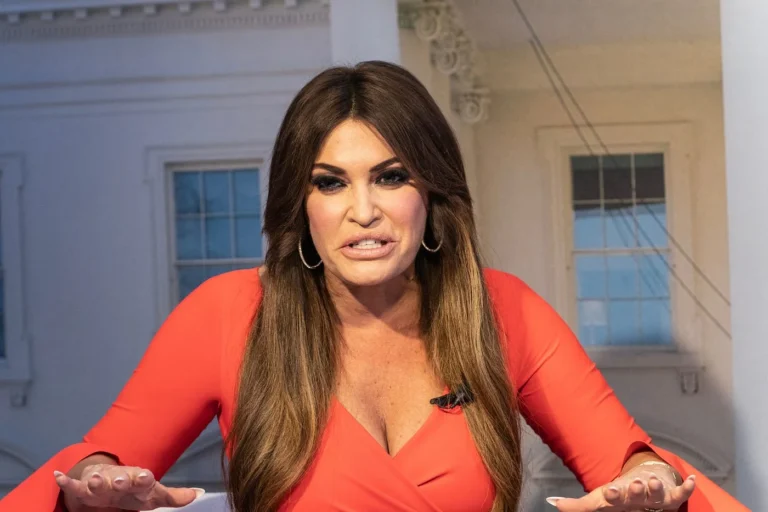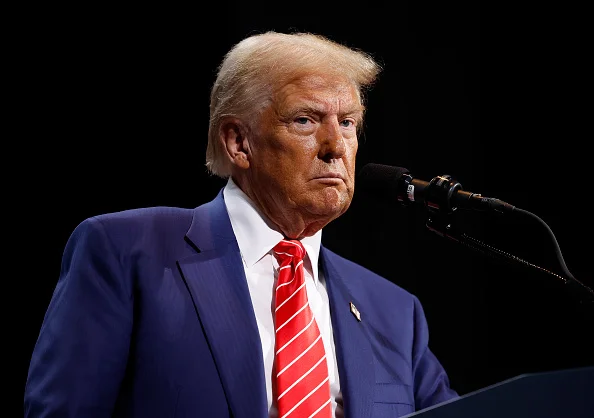Democrats across the country spent Thursday strategizing over drinks at holiday mixers and in hotel conference rooms, deliberating how to reposition their party in response to Donald Trump’s impending return to power. However, Trump’s characteristically unpredictable approach has left party leaders grappling with uncertainty about how to counter his evolving political strategy.
Trump’s mixed messaging on key issues is proving difficult to navigate. While he has signaled interest in cutting deals with Democrats on certain policies—such as protecting Dreamers—he has simultaneously pledged to end birthright citizenship. In one moment, he has expressed a willingness to work with Democratic leaders on reducing crime; in the next, he’s suggesting that congressional Democrats who investigated him over the Capitol riot should face imprisonment. Adding to the complexity, Trump has downplayed one of the Democrats’ most potent arguments against him by indicating he is unlikely to restrict access to medication abortion.
This inconsistency has created divisions within the Democratic Party regarding how to respond. Minnesota House Speaker Melissa Hortman encapsulated the challenge: “Right now, we’re still sorting out what he’s actually serious about. How much of his rhetoric will translate into impactful actions, and how much is simply for show?”
At a Democratic Legislative Campaign Committee (DLCC) event, state legislators expressed a range of views. Some were cautiously watching Trump’s early moves, waiting to assess his approach in a second term before reacting. Others, like Wisconsin state Senator Jeff Smith, urged Democrats to take Trump’s rhetoric at face value. “Believe him when he speaks,” Smith said.
Meanwhile, outgoing Democratic National Committee (DNC) Chair Jaime Harrison emphasized the importance of holding Trump and his allies accountable. At a DNC Rules and Bylaws Committee meeting, Harrison linked the party’s future success to its ability to address the harms he expects from the Trump administration. Yet, some attendees noted a lack of urgency in addressing the electoral setbacks of 2024, with much of the meeting focused on praising the success of their Chicago convention rather than analyzing their losses.
Democratic consultant Ian Russell described the current political reality as markedly different from 2017, when Democrats’ opposition to Trump was fueled by large-scale protests like the Women’s March. This time, Trump’s popular vote victory and significant gains in Congress have altered the dynamics. “It’s not that Democrats are going to roll over,” Russell said. “But you’re seeing Trump being handled more like a conventional political opponent rather than the unique threat he was portrayed as during his first term.”
In Washington, Democratic lawmakers are employing a more pragmatic approach. Some are opening dialogues with Elon Musk, a Trump ally poised to play a significant role in cutting government spending. Others, like Wisconsin Senator Tammy Baldwin, have expressed cautious support for certain Cabinet nominees, such as former Representative Sean Duffy for transportation secretary. Even controversial figures like Robert F. Kennedy Jr., nominated for Health and Human Services, are drawing attention for their potential bipartisan appeal given Kennedy’s longstanding ties to the Democratic Party.
At the state level, Democratic governors and attorneys general are attempting to balance opposition to Trump’s policies with a willingness to cooperate on specific issues. For instance, while Denver Mayor Mike Johnston has vowed to resist unlawful actions by the administration, New York City Mayor Eric Adams met with Trump’s incoming “border czar” to discuss immigration enforcement. This nuanced approach reflects an acknowledgment that the political winds on issues like immigration and the economy have shifted against Democrats.
State Representative Robert Reives of North Carolina summarized the party’s recalibration efforts: “We’re not going to be the party of ‘no.’ The question is whether Trump is genuinely interested in collaboration or merely posturing.”
Despite these adjustments, some Democrats worry the party is struggling to formulate a unified response. Donna Brazile, a former acting DNC chair, pressed Harrison on the need for a comprehensive review of the 2024 election to identify what went wrong. Harrison acknowledged the importance of such an analysis but indicated it would likely fall to the next DNC chair, who will be elected in February.
For now, Democrats are working to craft a strategy that moves beyond simply opposing Trump. Reives warned, “We’re not going to win the argument by telling voters that they should support us just because we’re not Trump.” Instead, the party’s focus will need to shift toward offering tangible solutions to voters’ concerns, even as they brace for the challenges of navigating a political landscape increasingly shaped by Trump’s unconventional tactics.
As the clock ticks toward Trump’s inauguration, the Democratic Party faces the daunting task of adapting to a new era of political reality while staying true to its values. Whether the party can effectively counter Trump’s unpredictability remains to be seen.
